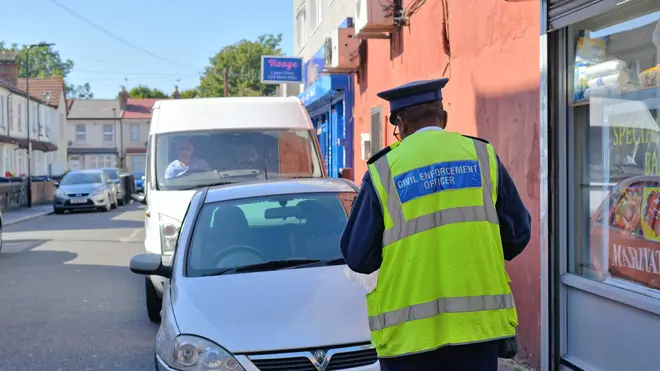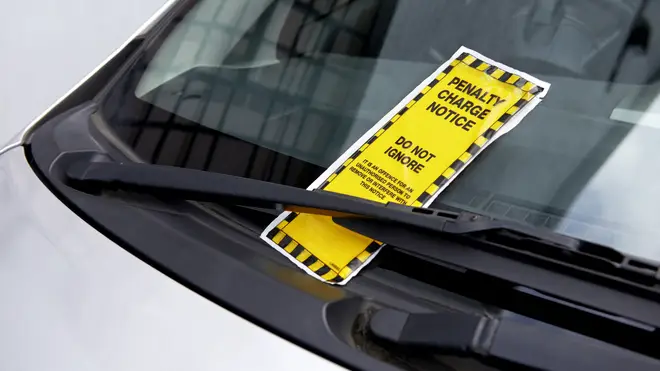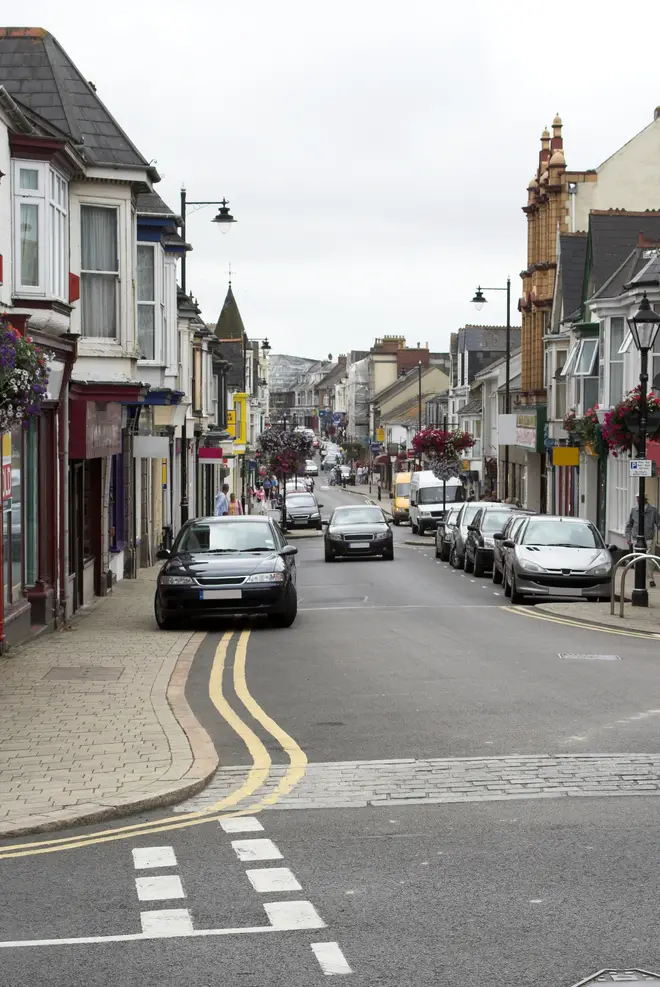Drivers parking on pavements face £70 fine under new law
4 February 2022, 08:07 | Updated: 5 October 2022, 12:04

Watch the BBC trailer for The Responder starring Martin Freeman
There is a simple parking error that could see drivers hit with a £70 fine.
Listen to this article
Drivers now run the risk of being slapped with a £70 fine under a new law.
The plans, which are set to come into place in England over the next few months, would see fixed penalty notices given out to those parking on the pavement.
Parking on the pavement is already banned in London, but it could be brought in as a blanket rule, as well as blocking narrow roads.
- Drivers must follow new Highway Code rule when opening car doors or face £1,000 fine
- Drivers over 70 'should not be penalised' for running red lights or driving slowly
- Women are better drivers than men, new study finds

A consultation held in November 2020 proposed the ban to prevent motorists blocking pavements and forcing pedestrians having to walk in the road.
Car insurance expert at Confused.com, Alex Kindred, has warned that the seemingly minor offence can cause a ‘huge hindrance’.
He told the MEN: “It’s important to remember that pavements are there for the use and safety of pedestrians only, and therefore should be respected by all other road users.
“However, without a clearer understanding of the law around pavement parking, it’ll be hard to implement fines to drivers who break the rules.

“The current laws around pavement parking can be quite confusing, which is why it’s difficult at times to prosecute drivers.
“Councils will be given a bigger responsibility and penalty charges could be issued.
“The laws around parking on pavements is just one of many new driving laws coming into effect this year, with road user safety at the forefront of each.”
From May 31, councils in England and Wales will be given new powers to fine motorists up to £70 for minor traffic offences including stopping in yellow box junctions and driving in cycle lanes.

While only the police can enforce this at the moment, new CCTV cameras will expose offenders breaking the rules.
This comes after a new Highway Code rule came into force with the hope of stopping drivers blindly opening their car doors.
The regulation was put in place in a bid to stop injuries occurring to cyclists and pedestrians who are travelling past a car door.
The new mandate will require motorists to use the 'Dutch Reach' method when they open their car doors, a technique which requires the driver to use the hand furthest from the door to open it.
The 'Dutch Reach', which car passengers should also start using, requires the person to turn their body and allows them time to look for cyclists or pedestrians before they exit the vehicle.

























